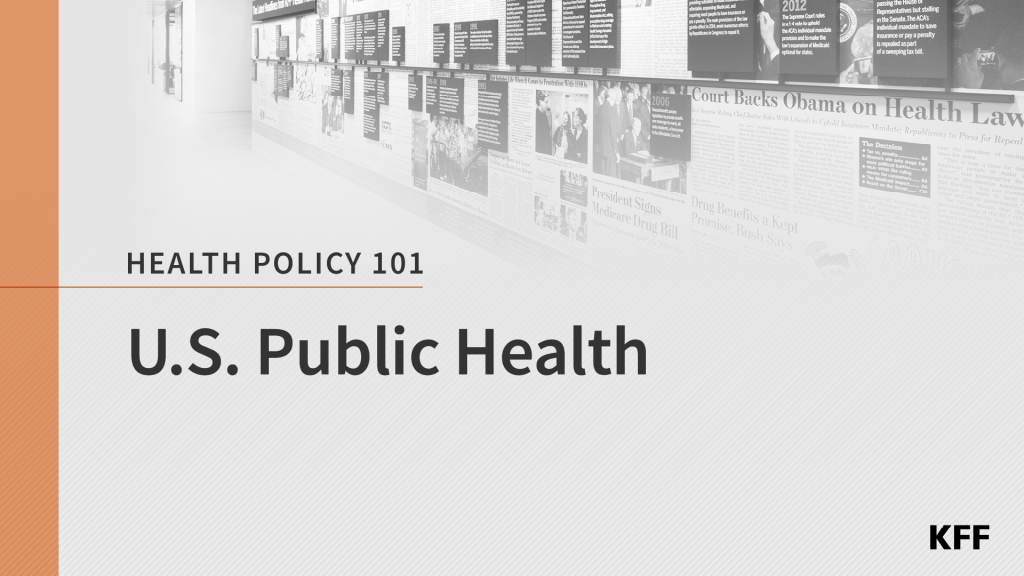Measles Outbreak and Vaccination Debate Capture Public’s Attention
Those Following Measles Story More Likely To Say They Worry About the DiseaseThe public paid more attention to news coverage of the measles outbreak in the U.S. and the resulting debate on whether vaccinations should be required for all kids than any other news story included in this month's Kaiser Health Policy News Index.
